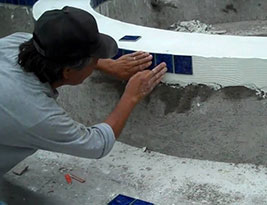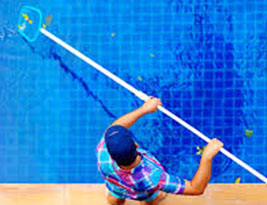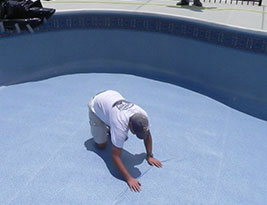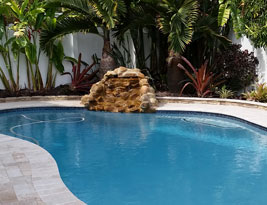Is it time to remodel or improve the look of your pool? Over time, your pool can show its age: leaky shells, fading finishes, cracked patios, outdated styles. Our pool remodeling can revitalize your backyard swimming pool and make it the focus of your family fun again. The Pool Squad offers comprehensive pool and spa remodeling for any budget. There is no job too small or too big.
When is it time to Replaster your pool?
The Pool Squad of Florida uses Florida Gem, the finest blended concrete plastering systems and has resurfaced residential swimming pools all over Broward County for the past 15 years. Our Replastering Process consists of:
Florida Gem Pool Finishes have the look and feel of smooth luxurious natural stone. No other aggregate pool finish is more beautiful or longer lasting.
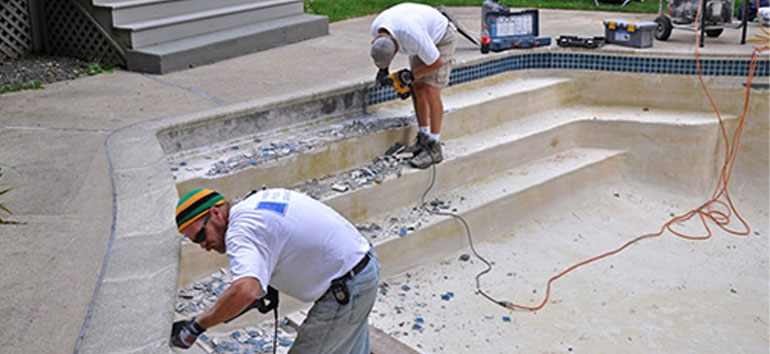
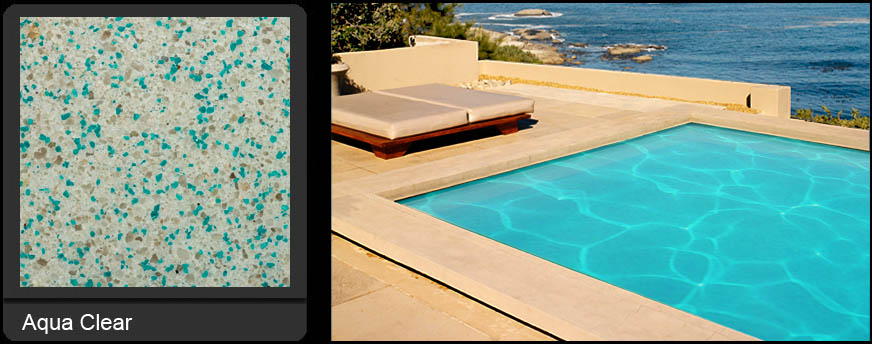
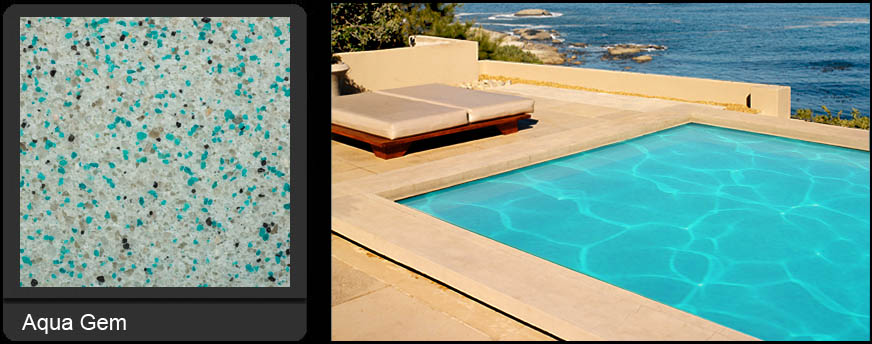

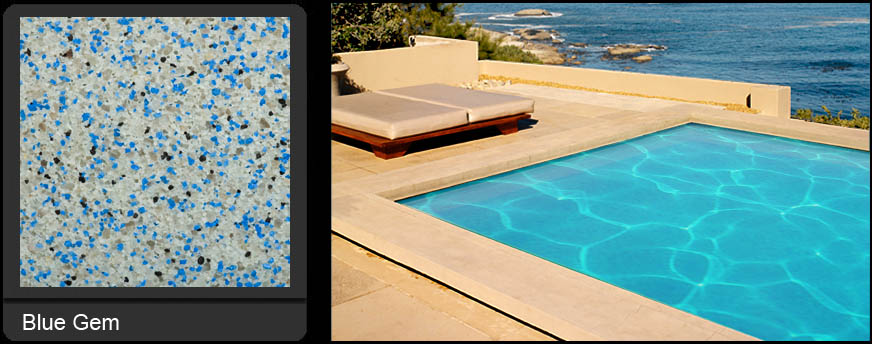

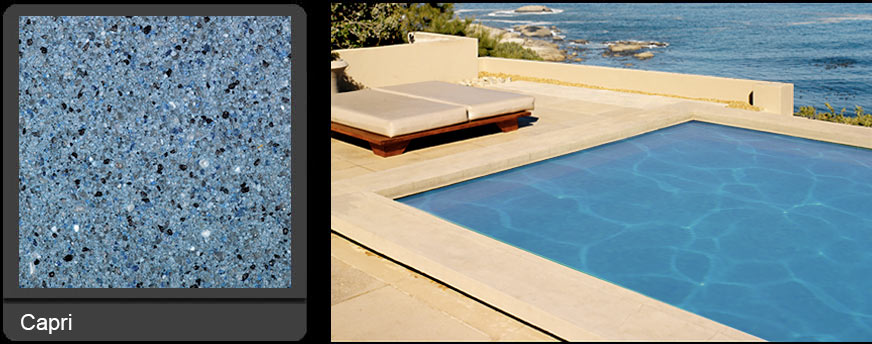
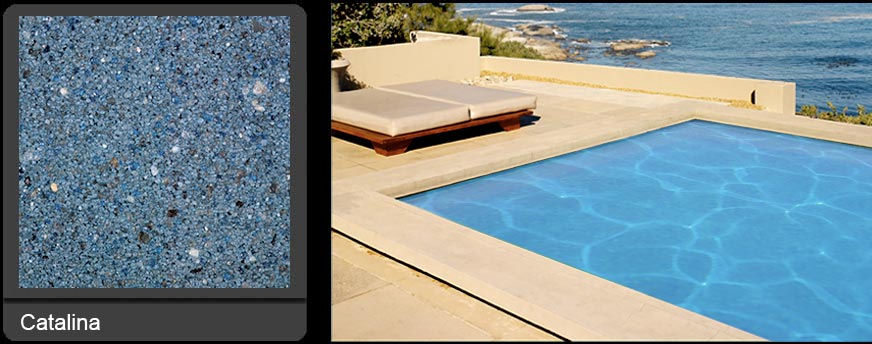
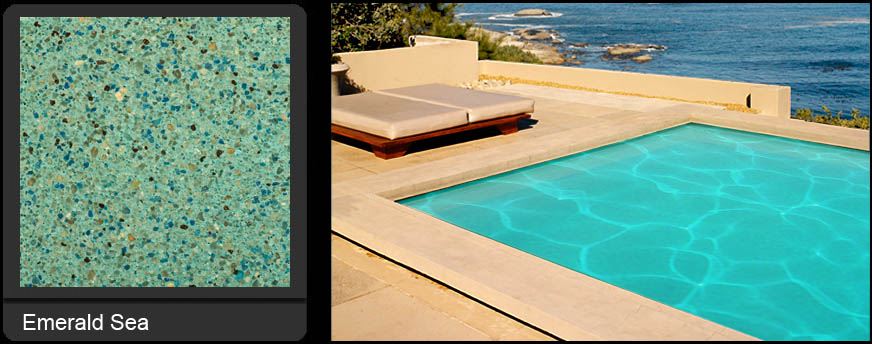
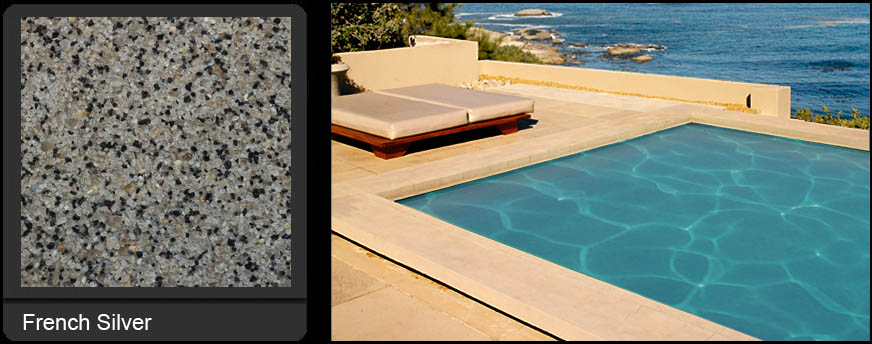
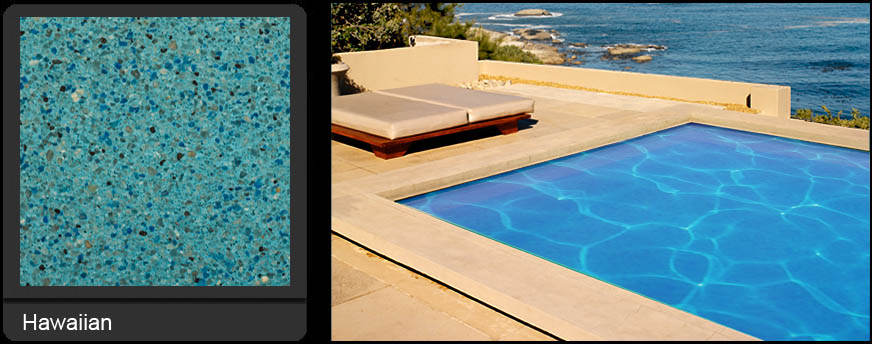
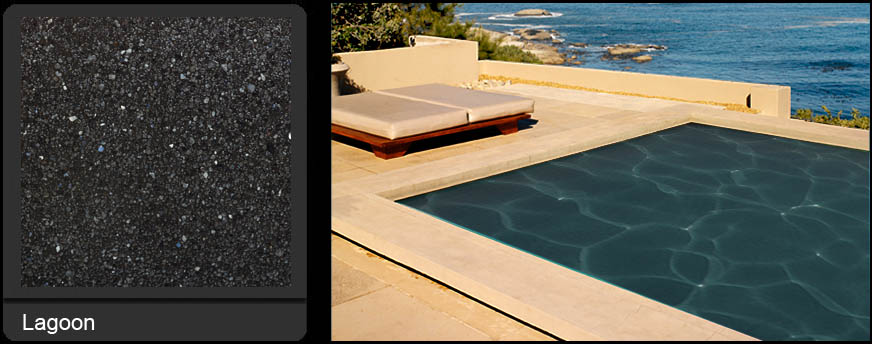
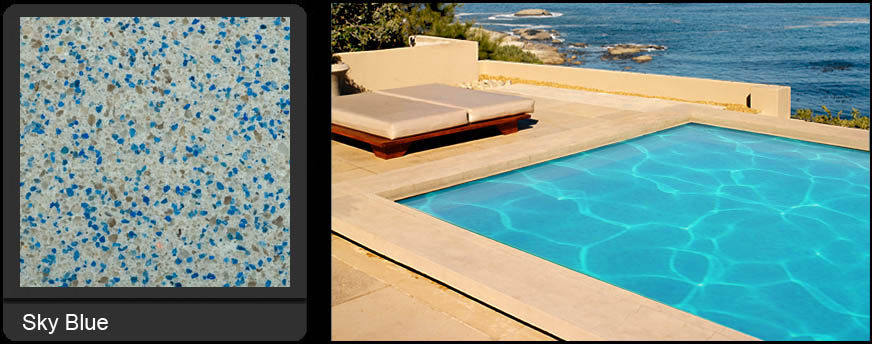
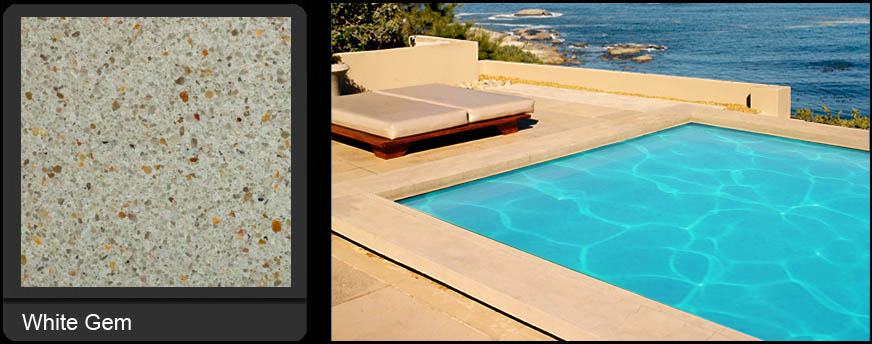
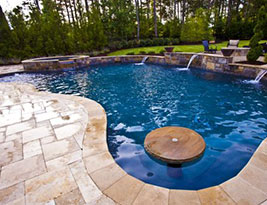
Is it time to remodel or improve the look of your pool? Over time
Learn More